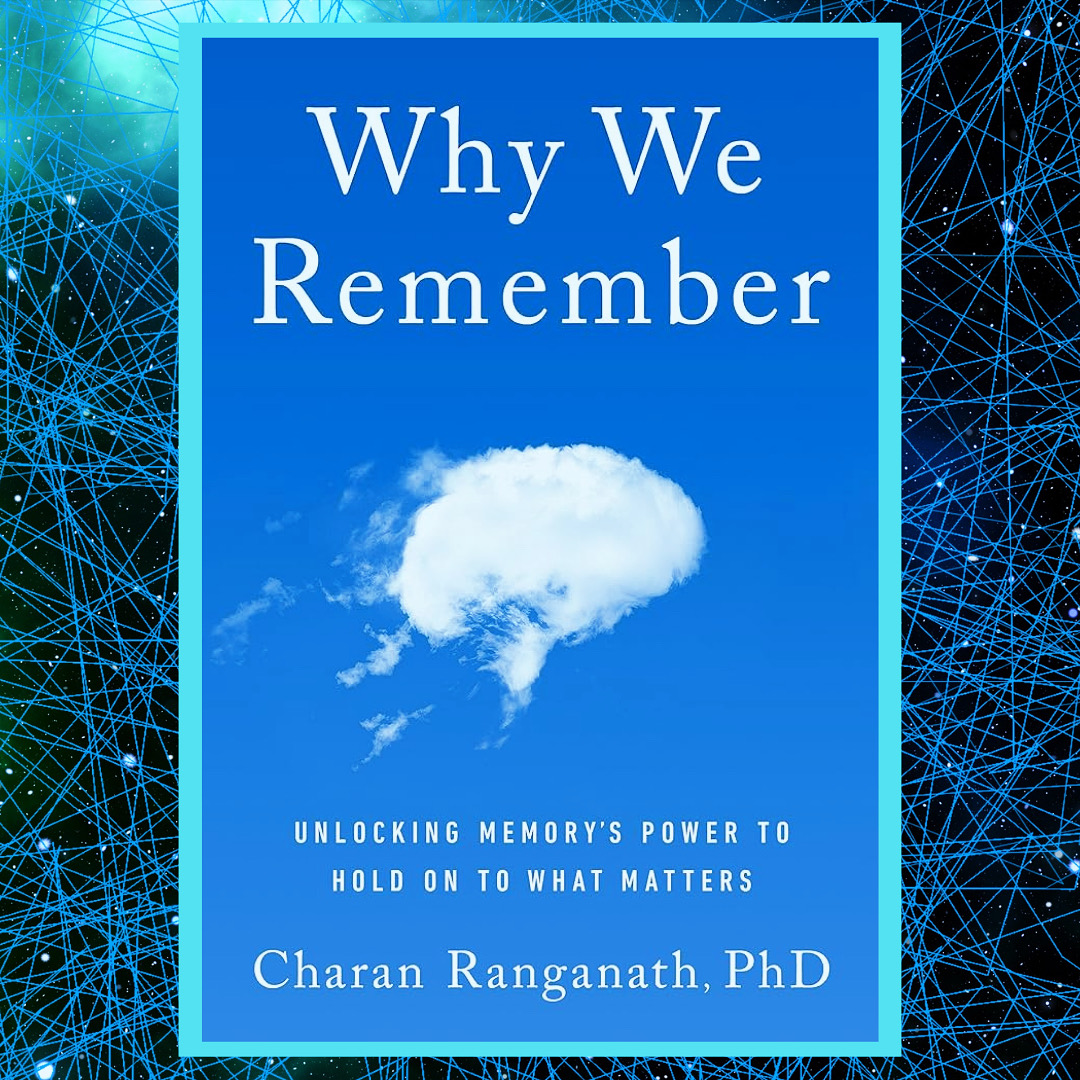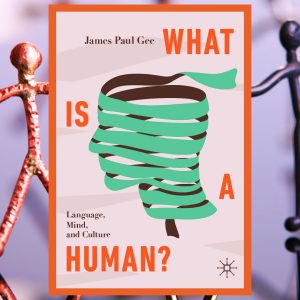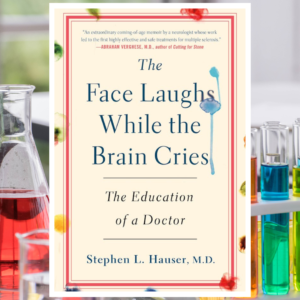🌟🌟🌟🌟🌟➕
This brilliant book completely changed the way this reader will think about remembering.
Written by a clinical psychologist who is also a neurologist, the author offers a sweeping perspective on memory : what it is and how it works (or why we remember); how we use memory to orient ourselves, shaping our everyday identity and perceptions; and finally, how memory transcends the individual as it informs (or even misinforms) cultures, nations and social structures.
For this reader, this fascinating look at the mystery that is our mind, – past, present and future – is now forevermore tied up with the magic of memory, and the insights offered by this wonderful book.
Perhaps most enthralling of all is the most basic concept – the author’s clear and compelling explanation of the inner handshake between episodic memory (or memory of context-specific historical events), and our semantic memory (memory of facts, or general knowledge) when it comes to retrieving (or re-building) a memory.
When we retrieve a memory of an event from our past, the most advanced areas of our brain (the prefrontal cortex) engage the hippocampus (the memory coordinator) with a contextual cue, which begins the process of recreating a specific internal experience based on what we know and understand now (our semantic knowledge) of the people, places, and actions connected to the specific memory. This semantic knowledge is based on our current schemas – our blueprints for the world as we know it (today, in the present) – details of which are stored across our neocortex, and are continuously being modified as we learn and grow.
A memory is, in this way, our thinking about the past, but to our brain it is exactly as if we are re-experiencing it.
The implications of this are massive, – a memory is not a rewind of a static event, stored in its entirety in our head , but is a present day retelling, based on our current understanding of the world, and bits of context surrounding it. The memory is recast, uniquely, every time we remember, and is laid down anew. What we end up remembering then has everything to do with who we are now (how we identify with the world); what we feel (our biases and emotions, particularly as related to the memory); our biology, health and functioning neurology; and scores of other factors we are just beginning to understand.
Memory, as the author explains it, is our consciousness – repositioned to a time and a place in the past. A prioritized bit of experience we have captured, (given our biological limitations ) because, for various reasons it was deemed important, and still is. So that we can understand our present world more broadly, (through our past), make predictions and set expectations for the future, inspire curiosity, be alerted to the unexpected, and be prepared to react accordingly.
With clarity and simplicity, the author tackles all these constructs and concepts (and more, so much more) shaping them into surprisingly understandable kernels of knowledge, woven into a broadly illuminating text that is quite literally mind-altering.
With so much to offer (and so much for this reader to learn) this brilliant book must and will be reread.
A great big thank you to Netgalley, the author, and the publisher for an ARC of this book. All thoughts presented are my own.



